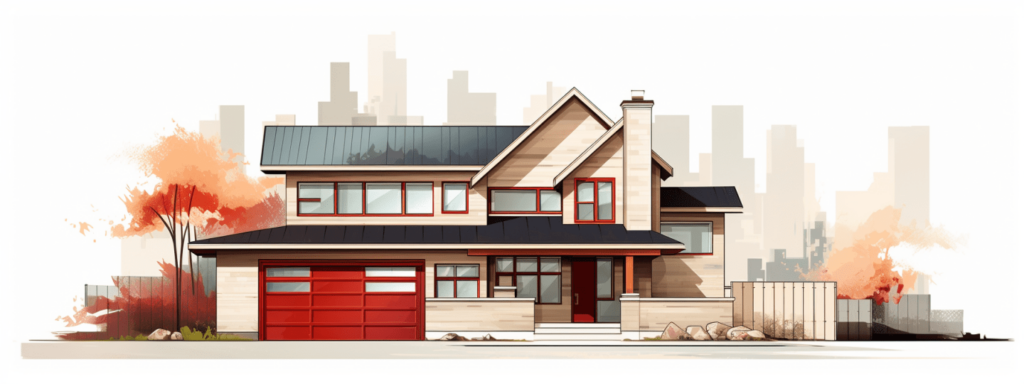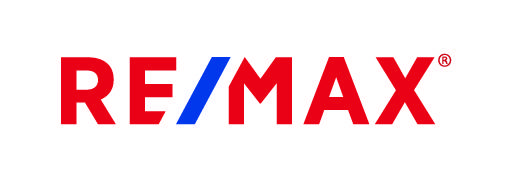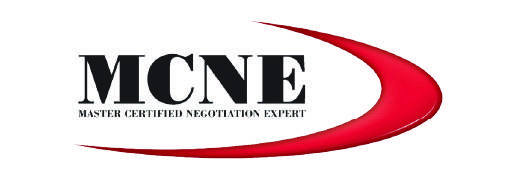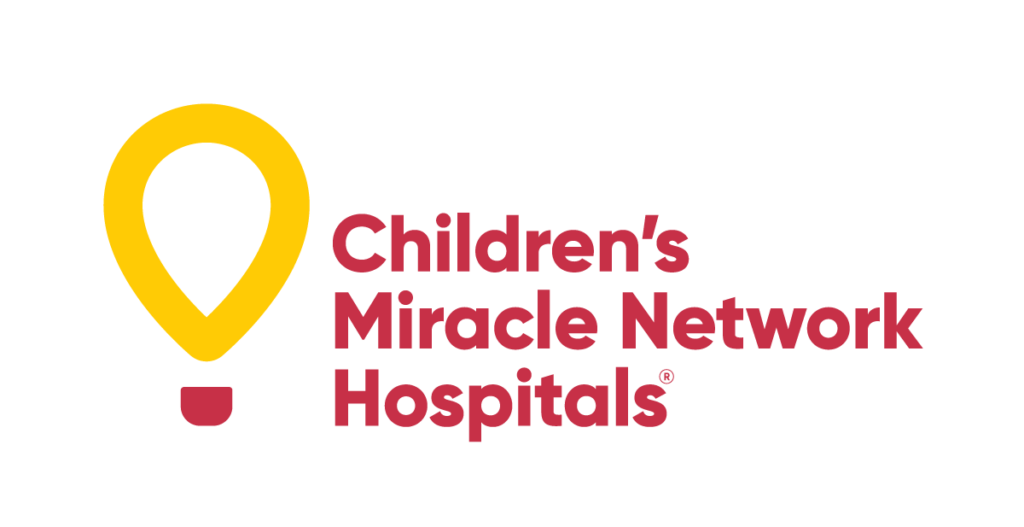Buying a home is an exhilarating journey filled with important decisions. From selecting the perfect house or condo, to determining your budget, choosing a city to call home, and securing a mortgage, every step plays a vital role in making your dream a reality. While you may know the importance of finding the best mortgage rate, do you know which mortgage term suits you best?
For a long time, Canadians favoured the five-year fixed-rate mortgage term. It accounted for approximately 49% of all mortgages in 2020. However, recent changes in the policy interest rate set by the Bank of Canada have altered the landscape. The mortgage interest rate has significantly increased from 0.25% in February 2022 to 4.50% in January 2023.
As a result, mortgage rates have followed suit, prompting Canadians to opt for shorter mortgage terms with lower rates to make their homeownership dreams come true. With higher interest rates today and the possibility of rates lowering in 2024 and beyond, the five-year fixed-rate mortgage is no longer the default choice.
You can also learn how your credit score can impact your mortgage rate.
If you are unsure about the right mortgage for your needs or what a mortgage term entails, fear not. This article will guide you through everything you need to know.
| What mortgage term is right for you if you live in Canada – 3 or 5 years? Choosing between a 3-year or 5-year mortgage term in Canada largely depends on your financial situation and long-term plans. A 3-year term provides flexibility and the ability to reassess rates sooner, while a 5-year term offers stability and the peace of mind of a fixed rate for a longer period. |
Table of Contents:

Understanding Mortgage Terms: The Basics
The term of your mortgage refers to the duration of your mortgage contract with your lender. Terms can range from a few months to several years, with two, three, and five years being the most popular options.
Your mortgage term encompasses various elements outlined in your mortgage contract, including:
- Mortgage interest rate
- Monthly payment amount
- Prepayment privileges
- Penalties for breaking the term early
You select your mortgage term when finalizing the financing for your home purchase after receiving an accepted offer but before the closing date. When your term reaches its conclusion, you can renew it with your existing lender or explore new mortgage options from different lenders. At this point, all aspects of your contract become negotiable again, such as interest rates, monthly payments, and the length of your new term.
If you need a deep-dive explanation of mortgages, then be sure to read our mortgage instructions article.
| Did you know? The Canadian housing market continued to exhibit evidence of strength in April, as sales increased 11% from the previous month. |
Differentiating Term from Amortization
Mortgage terms are often mistakenly interchanged with mortgage amortizations, but these two aspects are distinct. Here are the key differences:
Mortgage Term
The term refers to the length of time you are committed to your lender, mortgage rate, and mortgage conditions. Typically lasting from one to five years, it allows you to renegotiate at the end of the term.
Mortgage Amortization
In contrast, mortgage amortization is the length of time it takes to pay off your mortgage fully. If your down payment is less than 20% of the home’s price, the amortization period can extend up to 25 years. It can be lengthened or shortened through refinancing.
Deciphering Fixed vs. Variable Mortgage Terms
When selecting your mortgage term, you are essentially choosing the duration of your mortgage contract with your lender. But what do “variable” and “fixed” signify in this context?
The terms “variable” and “fixed” relate to the interest rate attached to your mortgage. When you come across phrases like “five-year fixed-rate mortgage” or “three-year variable rate mortgage,” they indicate the chosen interest rate type for the specified period.
A fixed-rate mortgage guarantees that your interest rate remains unchanged throughout the term, regardless of any fluctuations in industry mortgage rates. This option appeals to homebuyers seeking the predictability of a monthly locked-in mortgage payment.
On the other hand, variable-rate mortgages fluctuate in tandem with the Bank of Canada’s policy rate and the lender’s prime rate. For instance, selecting a prime + 1.0% variable rate means your rate will consistently stay 1% higher than the prime rate for the entirety of your mortgage term. Variable-rate mortgages are considered riskier for homeowners as the interest rate rises and falls.
However, they typically offer lower effective interest rates compared to fixed-rate mortgages.
| Did you know? The proportion of variable-rate, fixed-payment mortgages that reach their trigger rate at various mortgage interest rates. End of October 2022, the average variable mortgage rate was approximately 5.1%. We estimate that roughly half of all variable-rate mortgages with fixed payments have already attained their trigger rate at this mortgage rate. This accounts for approximately 13% of all mortgages. |

Is a 5-Year Mortgage Term Right for You?
Determining the ideal mortgage term hinges on your financial circumstances, goals, and risk tolerance. Five-year fixed-rate mortgages have been popular due to their certainty regarding mortgage rates and monthly payments for at least five years. However, this peace of mind comes at a cost, as five-year mortgages often have higher mortgage rates.
Here are a few factors to consider if you’re contemplating a five-year mortgage term:
- Your Long-Term Plans: Do you intend to reside in the home for at least five years? Breaking your mortgage term prematurely can lead to substantial penalties. If you anticipate moving within five years, opting for a shorter period might be the wiser choice.
- Mortgage Rates: Consider the mortgage rate offered by your lender for a five-year term. A higher rate translates to increased monthly payments. If you predict that rates will decrease over the next five years (which some experts suggest is likely), you may end up with higher payments for an unnecessarily extended period.
| Did you know? Inquiries for 5-year variable rates accounted for only 5% of total submissions this year, down from 26 percent in 2022. |
Should You Choose a 3-Year Mortgage Term?
Opting for a shorter mortgage term introduces greater flexibility into your financial arrangements. If you anticipate changes in your income, employment, or living situation within the next five years, a shorter term could be more suitable. Additionally, shorter terms typically come with lower mortgage rates since they are deemed less risky by lenders, who don’t have to predict interest rates over an extended period.
Another aspect to consider is the current state of mortgage rates, which are among the highest in the past 15 years. If you anticipate rates decreasing in the coming years, a shorter mortgage term will allow you to take advantage of lower rates sooner.
Selecting Your Term: A Quick Guide
Choosing the proper mortgage term is a crucial step in home buying, but it can be manageable. Here’s a concise guide to assist you in making an informed decision:
| Did you know? According to data from the Canadian Real Estate Association, the average price of a property increased by 4.3% in April 2023 and has grown by nearly 17% since January. |
5-Year Mortgage Term
Best For:
- Flexibility
- Individuals planning to move within five years
- Lower mortgage interest rates
- Smaller breaking penalties
3-Year Mortgage Term
Best For:
- Stability
- Individuals planning to remain in their homes for at least five years
- Protection against fluctuating mortgage rates
In conclusion, selecting the most appropriate mortgage term depends on your unique circumstances and aspirations. By understanding the differences between mortgage terms, amortizations, and fixed versus variable rates, you can make an informed decision that aligns with your financial goals.
Remember to carefully evaluate your long-term plans and consider the current state of mortgage rates before finalizing your choice. With these factors in mind, you’ll be well on your way to securing a mortgage that suits your needs and sets you on the path to homeownership success.

FAQ
What is a mortgage term?
A mortgage term is the length of time you have to repay the loan. For most types of homes, mortgage terms are typically 15, 20, or 30 years.
What is a 5-year term and 25-year amortization?
A 5-year term 25-year amortization means that the mortgage payments are set up as if the loan will be paid over 25 years, but the loan agreement is only for 5 years. At the end of the 5 years, the loan must be renegotiated or paid in full.
What is the difference between mortgage term and amortization?
The mortgage term is the length of time you are committed to a mortgage rate, lender, and associated mortgage terms and conditions. Amortization is the length of time it will take you to pay off your entire mortgage.
Do they have 50-year mortgages?
While not common, some lenders may offer 50-year mortgages. However, the most common mortgage terms are 15 and 30 years.
What are short-term and long-term mortgages?
Short-term mortgages are considered mortgages with terms of ten or fifteen years. Long-term mortgages usually last 30 years. The choice between short-term and long-term depends on various factors like interest rates, financial situation, and long-term financial goals.
What is the most common mortgage term?
The most common mortgage term is 30 years, but 15-year mortgages are also fairly common. The choice depends on individual circumstances and financial goals.

Mortgage Term – Final Words
Understanding mortgage terms is crucial when planning to buy a home. The term of a mortgage can significantly impact the total cost of the home, the monthly payments, and the financial flexibility of the homeowner.
While 15 and 30-year terms are most common, the best term for a particular borrower depends on their unique financial situation and long-term goals. It’s always recommended to consult with a mortgage professional to understand the implications of different mortgage terms and make an informed decision.













